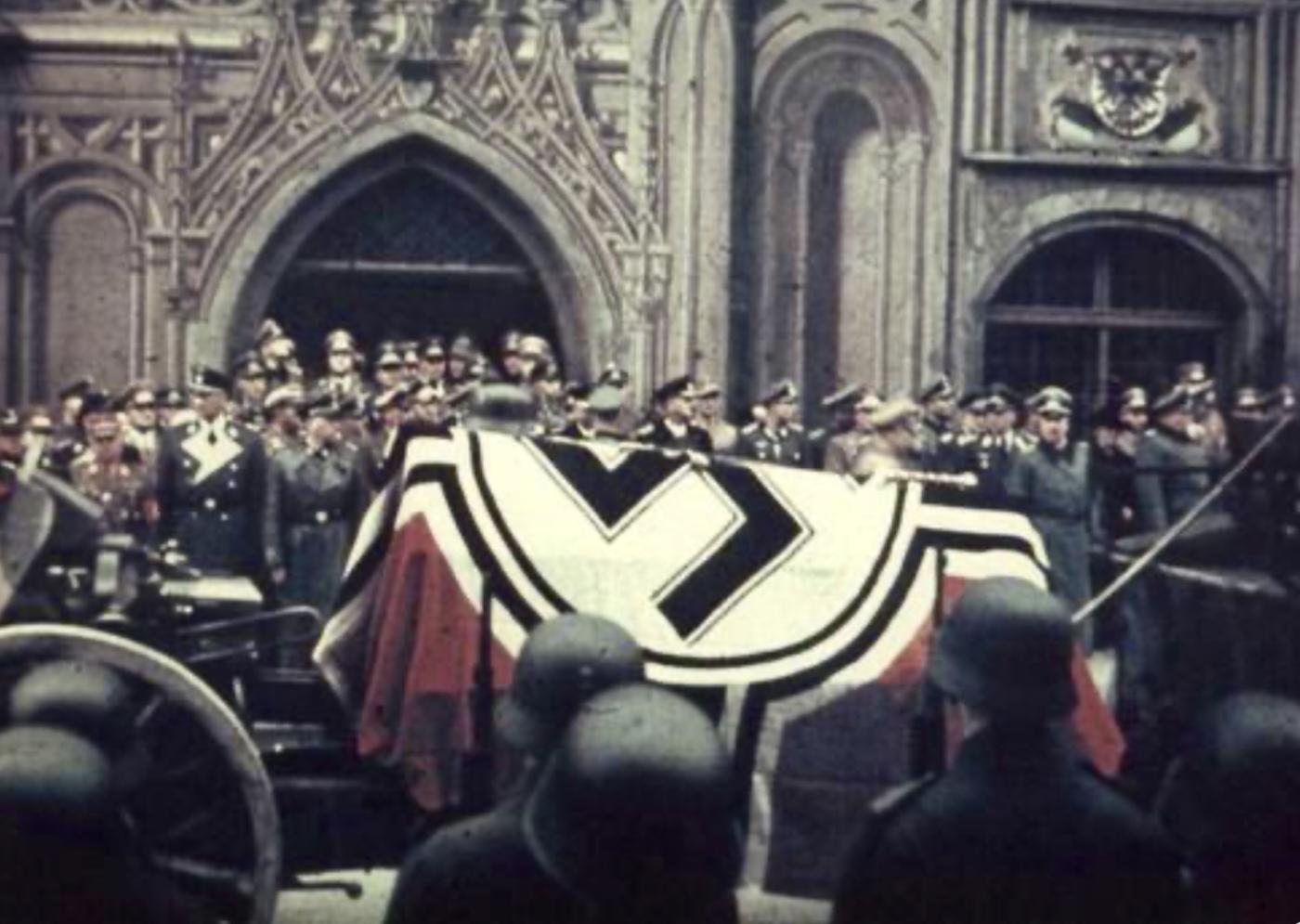
General Rommels Demise
Erwin Rommel, one of Germany’s most celebrated military leaders during World War II, died by suicide on October 14, 1944, under pressure from Adolf Hitler’s regime. Known as the “Desert Fox” for his bold and effective leadership during the North African campaign, Rommel gained respect not only from his fellow Germans but also from Allied commanders, who recognized his tactical skill and adherence to a more traditional code of warfare. However, by the latter years of the war, Rommel had become increasingly disillusioned with Hitler and the direction in which the Nazi leadership was taking Germany.
Rommel’s fall from favor came after the failure of the July 20, 1944, plot to assassinate Hitler. While Rommel was not directly involved in the bombing attempt at the Führer’s headquarters, he had been in contact with several of the conspirators and was sympathetic to their goal of removing Hitler in order to negotiate peace with the Allies. As the Nazi regime carried out a massive crackdown in the aftermath of the failed plot, Rommel’s name emerged under interrogation, and suspicion against him grew.
Because of his immense popularity with the German public and military, Hitler faced a dilemma. A public trial and execution would have risked backlash and weakened morale, yet ignoring the allegations was not an option. Instead, a more calculated and quiet solution was devised. On October 14, 1944, two officers—General Wilhelm Burgdorf and General Ernst Maisel—arrived at Rommel’s home in the village of Herrlingen. They brought a grim message directly from Hitler: Rommel could choose to take his own life, in which case his family would be spared, and he would receive a state funeral with full military honors. Alternatively, he could face a public trial for treason, which would almost certainly lead to his execution and likely retribution against his wife and son.
Rommel was given only minutes to decide. After speaking briefly with his wife Lucie and son Manfred, he made the agonizing choice to end his life in order to protect them. Dressed in his Afrika Korps uniform, Rommel left his home with the two generals. A short drive away, he was handed a cyanide capsule. He took it and died within minutes. The official statement released by the Nazi regime claimed that Rommel had died from complications related to injuries he had suffered months earlier during an Allied air attack on his staff car.
On October 18, 1944, Rommel was given a state funeral in the city of Ulm. The event was staged by the Nazi regime as a tribute to one of Germany’s greatest military leaders. His coffin was draped in the German flag, senior military officials were in attendance, and Hitler sent a personal wreath along with a statement praising Rommel’s courage and service. No mention was made of suicide or treason, and the public was led to believe he had died a hero’s death.
After the war, the truth about Rommel’s death slowly came to light. Testimonies from his family, particularly his son Manfred, and others close to him revealed the ultimatum he had been given and the circumstances that led to his suicide. These revelations changed the way Rommel was remembered, both in Germany and abroad.
Unlike many senior figures in the Nazi military hierarchy, Rommel was not a member of the Nazi Party and showed a consistent reluctance to carry out criminal orders. He was known to treat prisoners of war fairly and resisted participating in the Holocaust or other atrocities. During the North African campaign, he earned the admiration of even his enemies for the discipline and professionalism with which he conducted his operations. Winston Churchill himself once referred to Rommel as “a very daring and skillful opponent and a great general.”
In postwar West Germany, Rommel’s reputation was gradually restored. The new German armed forces, the Bundeswehr, named several military facilities in his honor, viewing him as a figure who represented a more ethical and principled version of German military tradition. His story became a symbol of internal resistance within the Nazi regime, and a way for postwar Germany to reflect on the difficult choices faced by individuals living under dictatorship.
Rommel’s life and death encapsulate the moral and personal dilemmas faced by many Germans who served under the Nazi government. His forced suicide was both a political execution and a deeply personal sacrifice made to protect his family and reputation. Though used by the Nazis as a propaganda tool, the truth behind his death eventually emerged, casting him in a new light—not just as a master strategist, but as a man caught between loyalty, conscience, and survival.
Today, Erwin Rommel is remembered as a complex and tragic figure. His legacy is that of a brilliant general who ultimately stood apart from the regime he served, and who paid the ultimate price for choosing honor over blind obedience.










